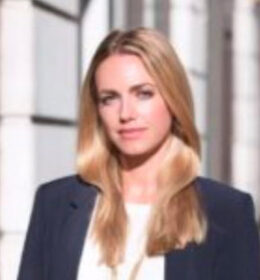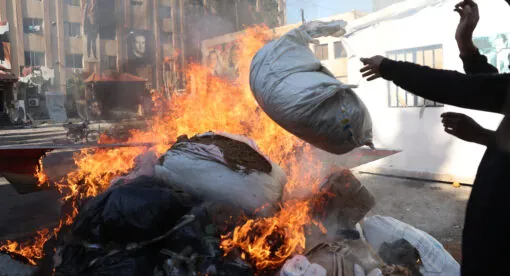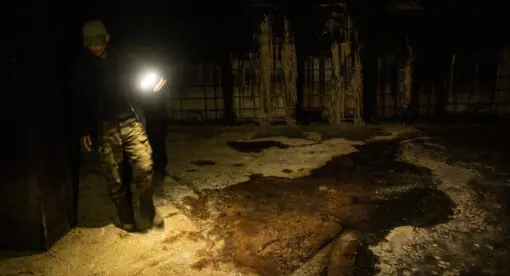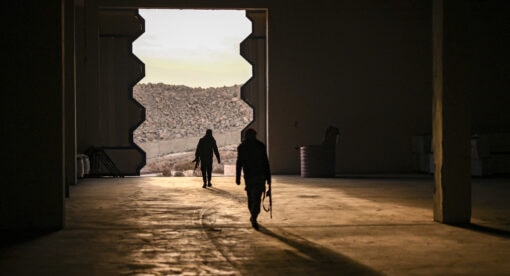The children of Europeans who joined the Islamic State are living in what have been described as “inhumane and even life-threatening” circumstances. Moral, ethical, and legal imperatives demand a unified European approach to repatriating these European children and providing the vulnerable women and children with support and justice. In this Special Report, Dr. Myriam Francois and Dr. Azeem Ibrahim offer paths forward for European accountability and action.







